The 5 Best Articles
Although I’ve written hundreds of articles on the subject, if you’re not sure where to start, read these five:
- How to Start Your Own Ultralearning Project – PART 1
How to Start Your Own Ultralearning Project – PART 2 The process behind taking on ambitious projects to learn hard things. - The Complete Guide to Memory Everything you need to know about the science behind long-term memory.
- How to Learn a Language in Record Time How I’ve learned Chinese, Spanish, French, Korean, Portuguese and more.
- The Feynman Technique [VIDEO] How to understand difficult ideas.
- Five Scientific Steps to Ace Your Next Exam The science behind the right way to study.
Ultralearning
Ultralearning is a strategy for aggressive, self-directed learning. My book shares the science and stories behind people who’ve accomplished big things through learning hard subjects in unique ways:
Here are some of the initial articles which motivated the book and explain the concept:
- How to Start Your Own Ultralearning Project – PART 1
How to Start Your Own Ultralearning Project – PART 2 The process behind taking on ambitious projects to learn hard things. - Ultralearning Environments: Why Where You Learn Determines How Much You Learn
- How is Ultralearning Different? Exploring what ultralearning is, and how it differs from the approach most people take.
- Now is the Perfect Time to Start an Ultralearning Project
In addition to writing about ultralearning, I’ve also taken on my own ultralearning projects. Here are my more popular projects:
- The MIT Challenge. My project to learn MIT’s 4-year computer science undergraduate curriculum, which I did over 12 months from October 2011 to September 2012.
- The Year Without English. Learning Spanish, Portuguese, Mandarin Chinese and Korean by avoiding speaking English for an entire year.
- Portrait Drawing Challenge. Thirty days devoted to trying to improve my ability to draw faces well.
- Let’s Learn Quantum Mechanics. One month to learn the basics of quantum mechanics. This entire project was livestreamed as well–so there’s a complete record of what I did to learn it.
Holistic Learning
Before ultralearning, one of my more popular ideas on learning was holistic learning. This approach to learning things argues that learning through making connections, analogies, examples and pictures leads to a better understanding than rote memorization.
My book Learn More, Study Less, is largely about this approach to learning.
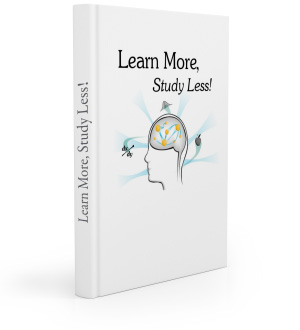
Here are some popular articles I wrote on holistic learning.
- How to Ace Your Finals without Studying My first post on holistic learning, and how I applied it to ace exams in college without lengthy studying sessions.
- How to Become a Holistic Learner Addresses some follow-up questions to the original post which started it all.
- Holistic Learning Free Ebook This short ebook summarizes holistic learning and provides some of my thoughts prior to writing Learn More, Study Less.
- How Do You Make a Good Analogy? Analogies were a central piece of holistic learning. Here’s how to make good ones.
- Flow-Based Notetaking How to take notes that link ideas together, rather than just transcribe what you’re listening to.
- A Brief Guide to Learning Anything Faster Overview of some holistic learning concepts.
Side note: Although holistic learning was (and remains) one of my more popular ideas about learning, I feel like my more recent work is better grounded in the scientific research of how learning actually works. I still think there’s some useful ideas here, but if my current writing and past writing occasionally contradict it’s usually because I learned something about learning which changed my mind!
Complete Guides on the Science of Learning
Want to know how learning really works? I’ve collaborated with cognitive science PhD student Jakub Jilek to produce some longer essays on the science behind learning:
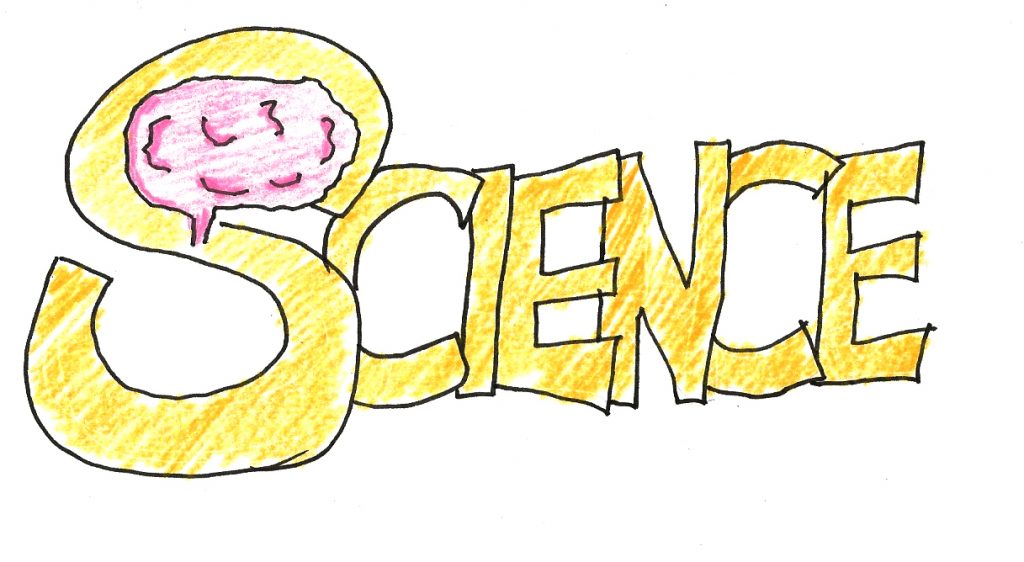
- The Complete Guide to Memory
- Working Memory: A Complete Guide to How Your Brain Processes Information, Thinks and Learns
Here are some other articles, dealing with specific facets of the science of learning:
- Seven Principles of Learning Better from Cognitive Science
- Is the Brain Like a Muscle? Debunking a Seductive, but Incorrect, Idea
- Audio, Paper or Kindle: What’s the Best Way to Read a Book?
- How Much Do You Really Understand?
- Flow Doesn’t Lead to Mastery
- How the Brain Changes with Expertise
- Do You Need to Be Smart to Learn Certain Subjects?
- The Bicycle Problem: How the Illusion of Explanatory Depth Tricks Your Brain
- Which Learning Methods Actually Work?
- The Hardest Part About Learning Hard Things
- How Fast Should You Be When Learning?
- How Does Age Change How You Learn?
How to Learn Specific Subjects and Skills
In addition to writing about learning generally, I’ve written a number of articles about how to learn specific subjects, or how to deal with specific learning challenges:
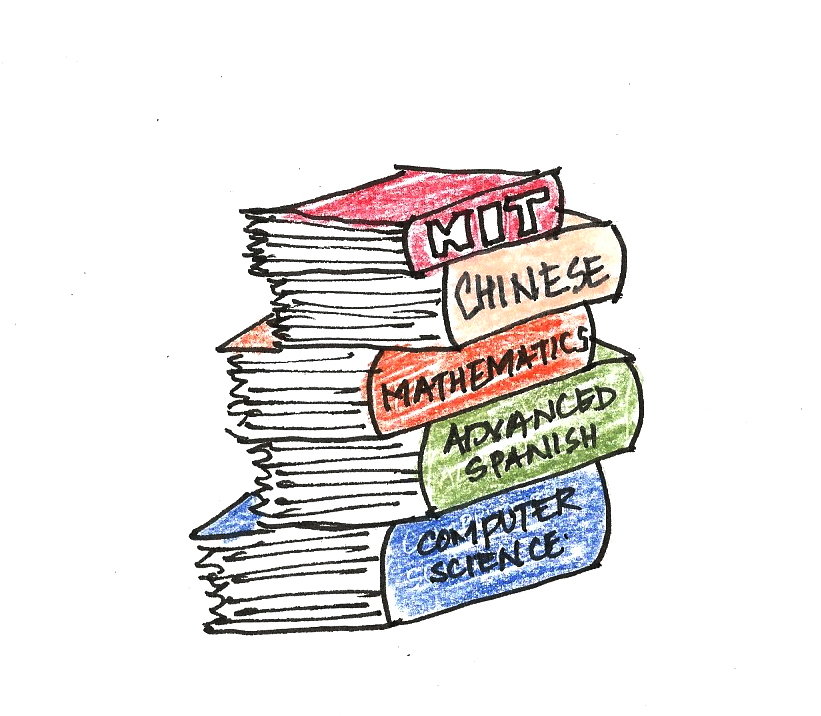
- How to Learn a Language in Record Time
- How to Learn English
- How I Learned Spanish
- How to Learn Chinese: 8 Things I Wish I Knew Before I Started (and my strategy after coming back from China)
- How I Learned French (Note: I did this before my intensive immersion experiment)
- How I Learned Portuguese
- How I Learned Korean
- How I’m Maintaining the Ability to Speak Six Languages
- How Do You Learn a New Language, Without Forgetting the Old One?
- Why You Shouldn’t Learn a Language the Way Children Do
- How to Learn Programming / Computer Science
- The 7 Core Skills to Drawing Realistic Pictures
- How Should I Get Better at Writing?
- Five Steps to Become a Better Writer
- How to Teach Yourself Math
- Learning Calculus in Five Days (and if *you* had to do it in 15 days, what should you do?)
- Why Learn Math?
- How to Study for a Standardized Test
- How to Learn Social Skills
- How to Learn History (Read Biographies, Not History Books)
- How to Learn (and Apply) Information Products
- How to Improve Critical Thinking
- What’s the Difference Between Learning an Art and a Science?
- How to Learn Boring Subjects
- Completing an MIT Physics Class in 4.5 Days?
- How to Teach Yourself Anything (in a Fraction of the Time)
- The Beginner’s Guide to Learning to Program
- How to Learn Really Hard Courses
- How to Memorize a Speech
Tools for Learning Faster and More Effectively
Struggling to learn something hard? Here are some of the best tools for learning hard skills and subjects:
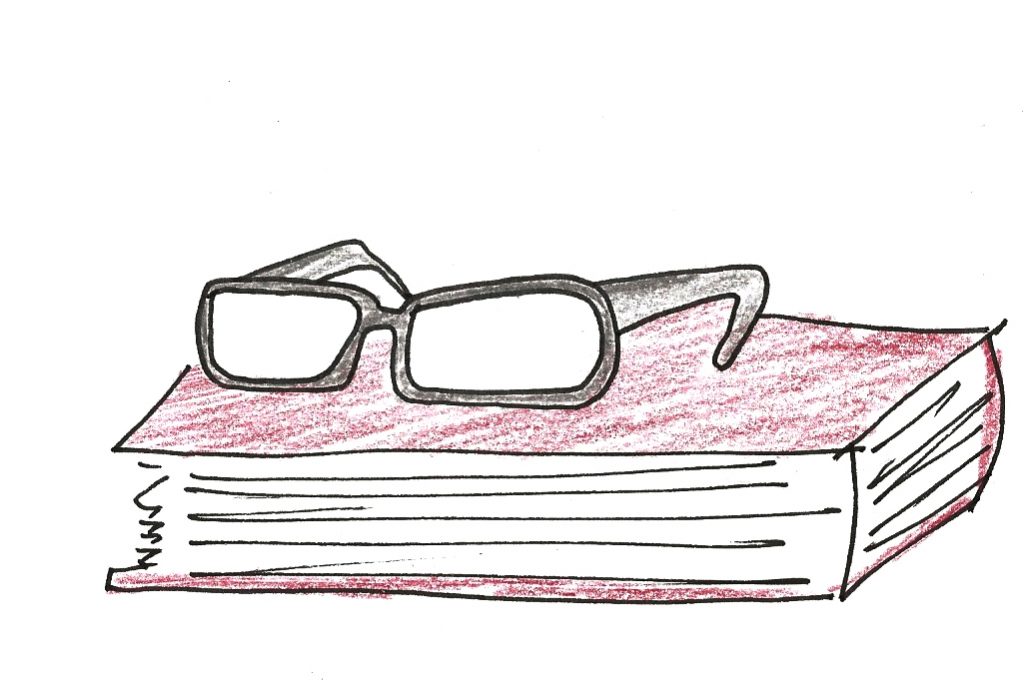
- How to Take Notes While Reading
- Why I Was Wrong About Speed Reading (and What to Do Instead to Read Faster)
- Why Braintraining Games are Silly
- The Perfect Studying Routine
- The 10 Essential Strategies for Deeper Learning
- The Feynman Technique [VIDEO]
- Five Scientific Steps to Ace Your Next Exam
- How to Study Without Practice Problems
- How to Enjoy Studying
- How to Stop Forgetting What You Read
- How to Read More Books
- Easily Distracted? Use Orienting Tasks When Learning
- Why I’m Skeptical About SRS for Conceptual Subjects
- Keeping To-Learn Lists
- Are Blogs Better than Books for Mastering Complex Ideas?
- How to Take Notes
Big Ideas on Learning
Beyond tactics and tools, here are some of my best articles about my philosophy of learning and how to approach learning new things:
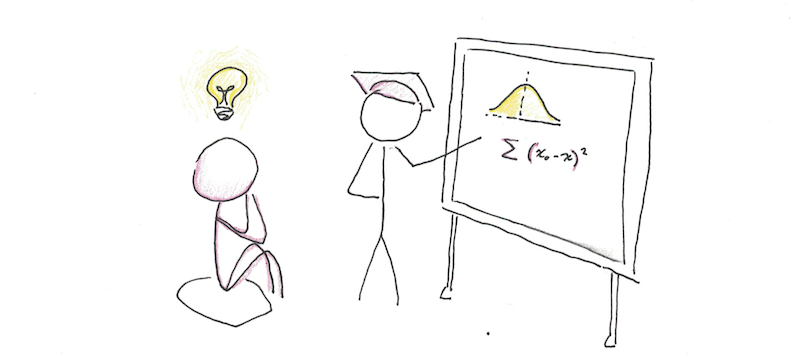
- There are No Hard Subjects, Only Missing Prerequisites.
- How Einstein Learned Physics
- Should You Know Your IQ?
- The 7 Most Common Learner Mistakes
- The Goal of Learning Everything
- Cognitive Load Theory and its Applications for Learning
- Fluency vs Mastery: Can You Be Fluent, Without Being Good?
- Should Learning Be Hard?
- How Much Theory Should You Learn for Practical Skills?
- Should You Learn Things You Don’t Plan on Using?
- Learning Rule: Quantity, Then Quality
- What Most People Get Wrong About Effective Learning
- The Art of Unlearning
- How Much Faster Can You Learn? (and: How Much Can You Possibly Learn?)
- Cultivating the Skill of Figuring Things Out
- If You Had 10 Years to Learn Anything, What Would You Do?
- Should You Try Learning More than One Thing at a Time?
- Learning What Can’t Be Taught
- Should You Learn Fast or Slow?
- With the World’s Knowledge a Click Away, We Spend Our Time Looking at Funny Pictures of Cats
- At What Age is it No Longer Okay to Be Bad at Something?
- Should You Use Deliberate Practice… or Just Practice?
- Which Skills Should You Master?
- Are There Books You Should Reread Every Year?
- Should You Maintain (an Almost Zero) Reading Queue?
- Is it Better to Review Back or Learn Ahead?
- Things Worth Knowing Well, Things Worth Knowing Poorly (follow-up to an interesting quote about languages being something worth knowing, even poorly)
- The Importance of Knowing What You Know
- Do Habits Hurt or Help You Learn?
- Why You Should Read Textbooks
- Why Forgetting Can Be Good
- Should You Learn New Skills, or Master Old Ones?
- Developing an Appetite for Hard Ideas
- Is What You Learn in School Really Useless?
- Why Self-Educated Learners Often Come Up Short
- What if You Never Graduate?

Just reading isn’t enough, you actually need to put in the work if you want to become a more effective learning. My 6-week course, Rapid Learner, will guide you through the process of designing, executing and optimizing your own learning projects. Sign-up to find out about our upcoming sessions so you can learn better too.
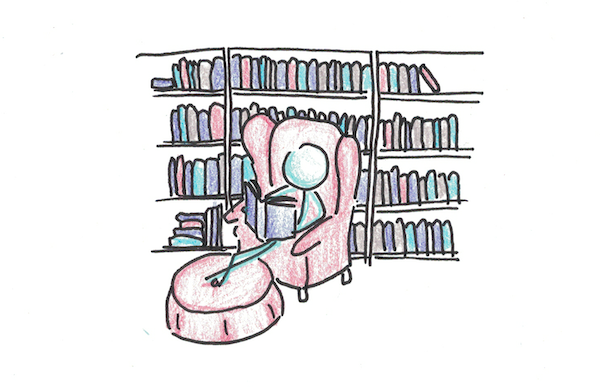



 I'm a Wall Street Journal bestselling author, podcast host, computer programmer and an avid reader. Since 2006, I've published weekly essays on this website to help people like you learn and think better. My work has been featured in The New York Times, BBC, TEDx, Pocket, Business Insider and more. I don't promise I have all the answers, just a place to start.
I'm a Wall Street Journal bestselling author, podcast host, computer programmer and an avid reader. Since 2006, I've published weekly essays on this website to help people like you learn and think better. My work has been featured in The New York Times, BBC, TEDx, Pocket, Business Insider and more. I don't promise I have all the answers, just a place to start.